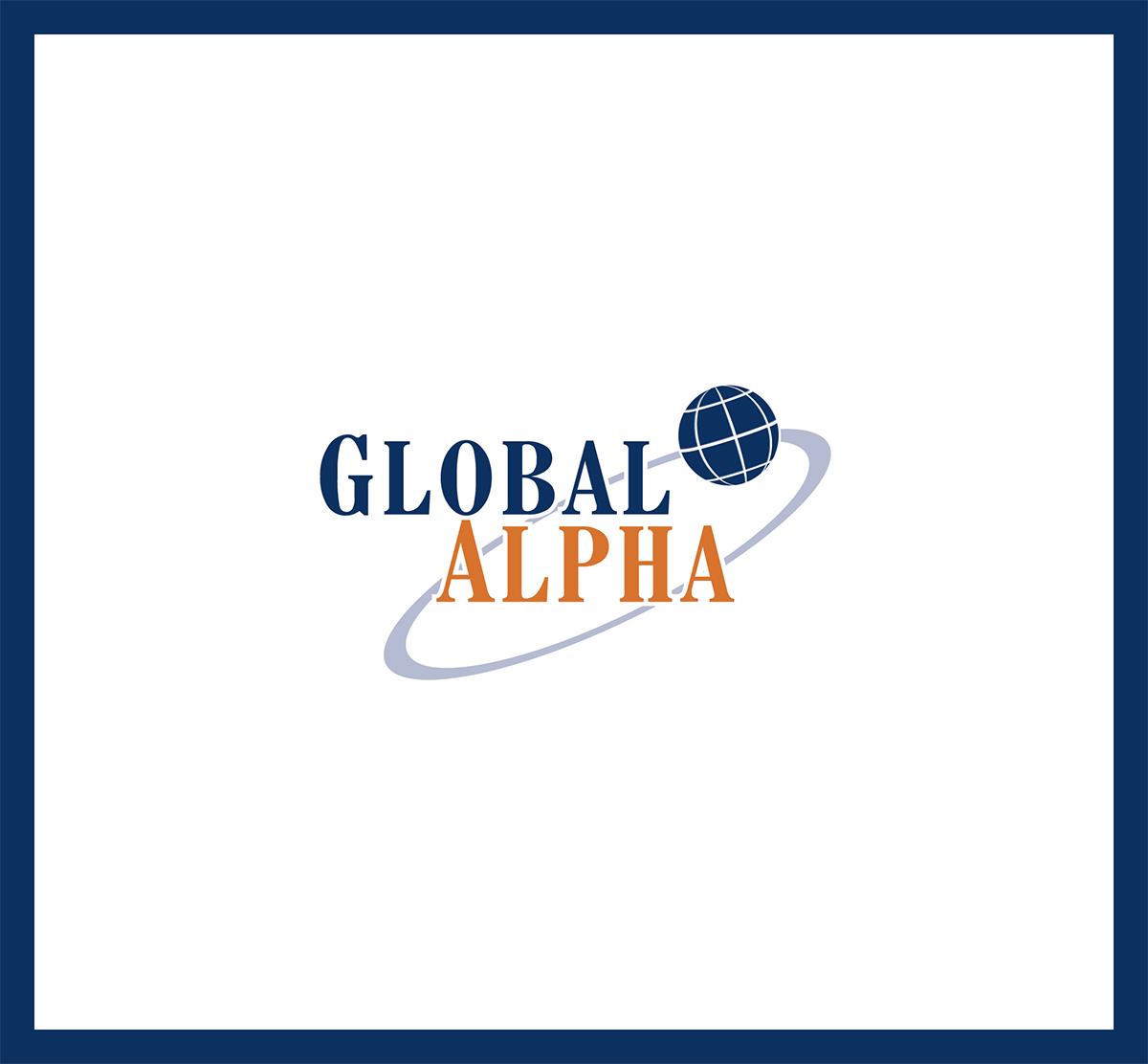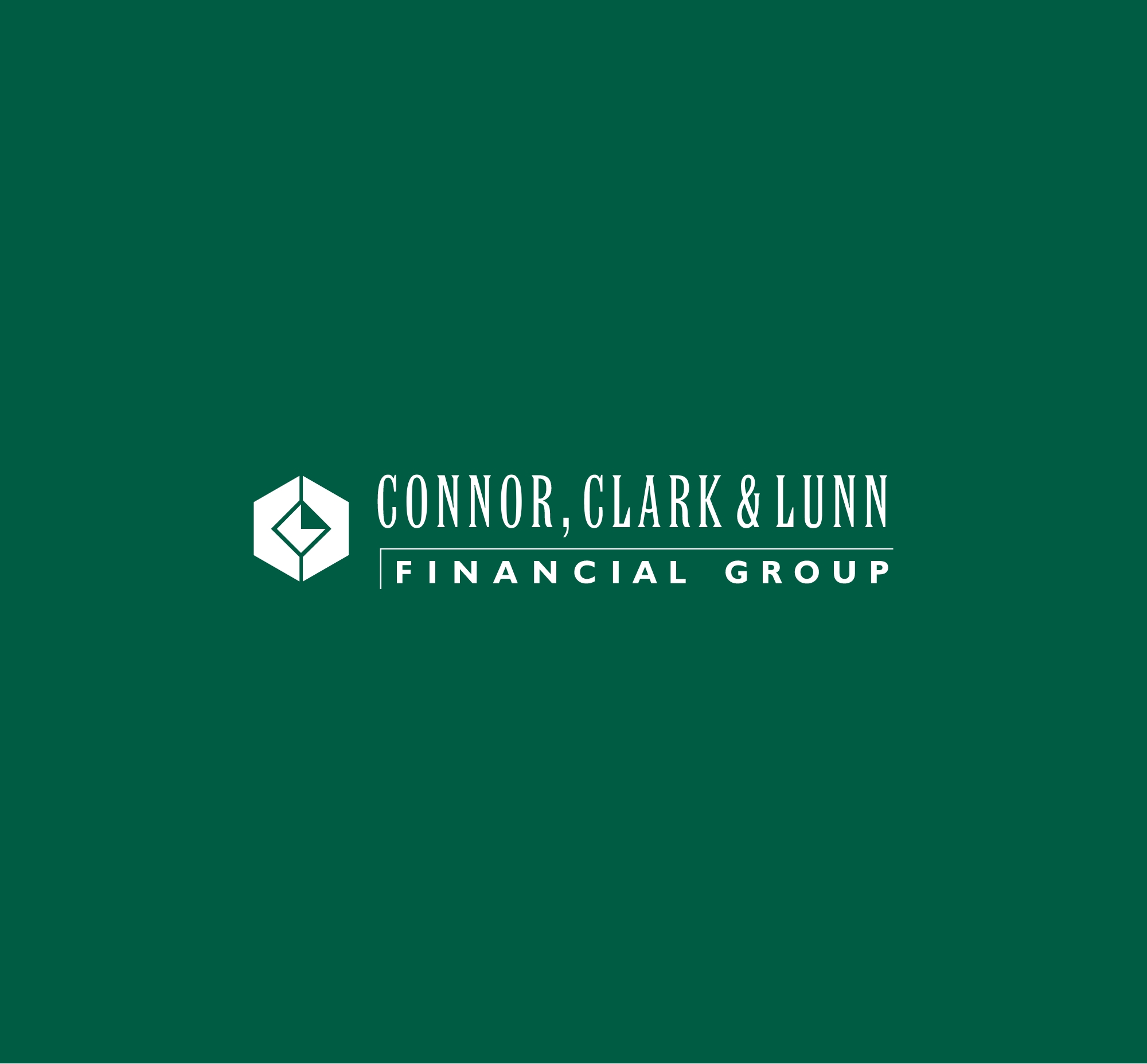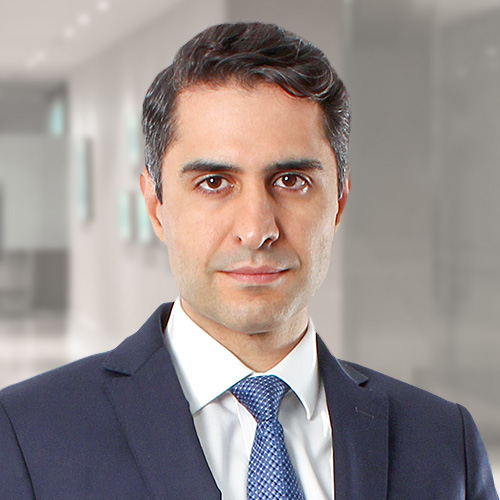Commentaires sur la stratégie
International Equity Strategy Commentary
30 juin 2024
International equity markets managed a small gain in Q2 as politics weighed heavily in some countries and economic data remained relatively soft. The MSCI EAFE index rose 1% in local currency terms and fell 0.42% in US dollars. Healthcare was the best performing sector, rising 4.72%, while consumer discretionary was the worst, falling 9%. The unexpected election called by President Macron negatively impacted French stocks, which lost 6.77% in Euros, while continued weakness in the Yen left Japanese equities down 4.27% in US dollars despite being up 1.75% in Yen.
Monetary trends continue to signal a weak global economy with inflation declining further. The consensus view is that a sustainable economic upswing is under way and will gather pace as inflation progress allows gradual monetary policy easing. We remain wary of continued economic weakness finally feeding through to corporate earnings, particularly after a period of stock market strength with many indices hitting all-time highs and at a time of historically elevated valuations in some markets.
In the UK, Labour leader Keir Starmer won a large majority in parliament in an election called unexpectedly early by now former Prime Minister Rishi Sunak. The win came with only 34% of the vote but Britain’s first-past-the-post electoral system favoured Labour as conservative support was split by Nigel Farage’s Reform Party. A collapse of the Nationalists in Scotland and a strong showing by the Liberal Democrats, who ran a successful campaign and attracted some tactical voting in constituencies where they were the closest challenger to the Tories, also helped the new prime minister. Starmer has promised fiscal rectitude and no changes to key tax rates to avoid scaring voters, so the market impact has been minimal.
The stakes in the parliamentary election in France seemed higher, reflected in government bond yield spreads over Germany widening and equities suffering a sharp correction. In a two-round procedure, a coordinated strategy was successfully adopted by President Macron and left leaning parties to prevent Marine Le Pen’s far right Rassemblement National from winning a majority. However, the hoped-for political clarification has not been achieved and negotiations to form a coalition could take time with the cloud of far-left tax and spend policies hanging over French financial markets. Meanwhile Eurozone monetary trends remain downbeat, with real money momentum weaker than in other major economies and inconsistent with a sustained recovery.
In Japan money trends have weakened suggesting a return to very low inflation. The Bank of Japan intervened to defend the Yen and monetary policy is once again compromised between a desire to raise rates to support the currency and a weak economy. Exports remain soft despite the weaker Yen. The unemployment rate has remained low and stable but declining job offers suggest a weakening trend. Despite these economic management challenges the stock market has performed well year to date, especially in local currency terms, with the improving corporate governance theme gaining traction. Elsewhere in Asia, Chinese money momentum has weakened, and the People’s Bank has also been forced to defend the currency. Economic activity news has been poor, and the authorities announced further modest steps to support the housing market where price weakness has intensified.
Stock selection was the main driver of underperformance over the period with country and sector selection small positives. Stock picks were notably weak in healthcare where German life sciences and diagnostics group Sartorius (-40%) fell as Q1 results revealed equipment sales were down by 25% driven by the likely impact of the US Biosecure Act on investment by Chinese contact drug manufacturers and to a lesser degree excess capacity and the impact of weaker biotech funding on US and European demand. Poor second half visibility is a concern, but management reiterated full-year guidance. Results also disappointed at Swiss dental implants specialist Straumann (-21%) where investors were concerned by a slowdown in the US business although Asia remains strong. In Japan, medical equipment company Terumo (-8%) fell as Q4 operating profit missed consensus estimates and Hoya (-5%) was impacted by a cybersecurity attack on its eyeglass business, which stopped orders briefly.
Stock selection also disappointed in consumer staples. Salmon farmer Bakkafrost (-18%) was hit by a downgraded forecast for the number of juvenile fish (smolts) to be released. Remy Cointreau (-16%) remained under pressure as China continued to use cognac as a target in its trade war with the EU. Performance was better in industrials where Japanese HR specialist Recruit (+22%) beat guidance in Q4, with growth re-starting in its HR technology business. In contrast Airbus (-23%) fell after disappointing numbers in their defence and space divisions in part due to the timing of payments. In IT Dutch semiconductor machine maker ASM Intl (+27%) announced Q1 orders ahead of consensus with sales at the top end of guidance. The portfolio also benefited from not owning Tokyo Electron (-16%) which corrected after a strong Q1. In real estate Australian warehouse operator Goodman (+7%) continued to benefit from investor excitement about AI and the need for more data centres where it has a strong position.
Activity over the period has raised exposure to Japan and IT at the expense of Asia ex Japan, emerging markets, communication services and staples. In IT we have re-introduced German chip maker Infineon which is trading at a historically large discount to semi equipment stocks and is exposed to secular growth drivers such as EVs, renewable energy and data centres. We have also added Advantest in Japan, which is the global leader in testing and measurement tools for the semiconductor industry among others. The company benefits from more complex technologies associated with AI and is struggling to keep up with demand. We continue to like the semiconductor equipment makers and have added to positions in ASML, Asm Intl and Be Semiconductor. We have exited Dassault Systems on doubts about the hoped-for recovery in their Medidata software subsidiary while taking profits in German software giant SAP.
In communications we have exited Orange, where the tougher competitive environment has undermined our buy thesis and reduced Spanish telecom tower operator Cellnex. We have taken some profits in Greek gaming company OPAP while also lowering positions in salmon farmer Bakkafrost and Spanish travel service company Amadeus.
Our economic outlook still favours an overweight position in defensive sectors against an underweight in non-tech cyclical sectors, which appear relatively expensive by historic standards. This translates into overweights in healthcare and staples against underweights in consumer discretionary, materials, industrials and financials. Within industrials business service companies are preferred to capital equipment companies while autos are zero weighted in consumer discretionary. With global growth risks still judged to lie on the downside, we continue to focus on quality growth stocks, notably in IT. These companies typically have predictable revenue profiles, are asset light, high margin and high return on invested capital businesses. They also grow organically rather than via acquisitions, have pricing power and operate in sectors with high barriers to entry.
The Composite fell 1% (1.15% Net) versus a 0.42% fall for the benchmark.






